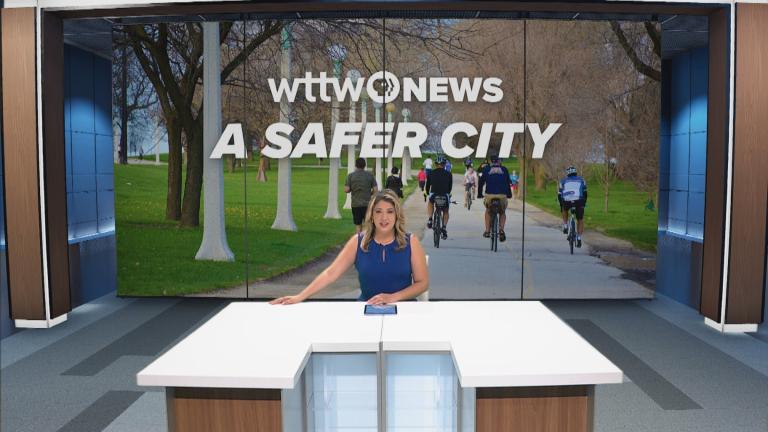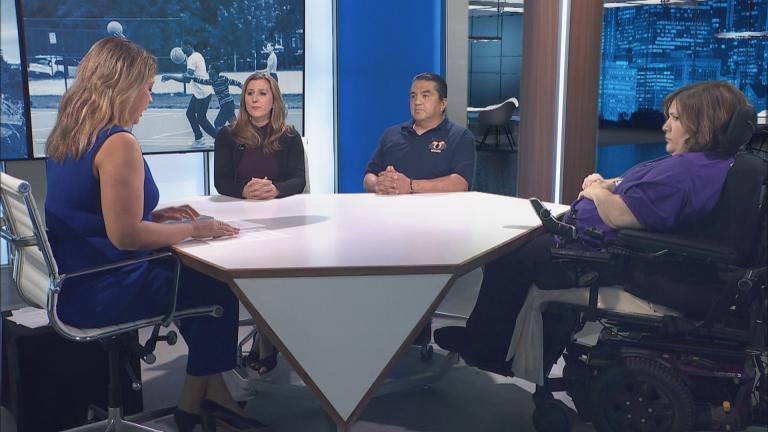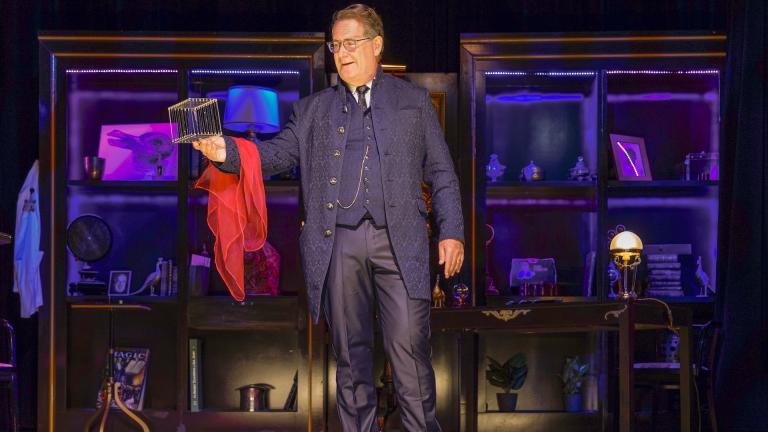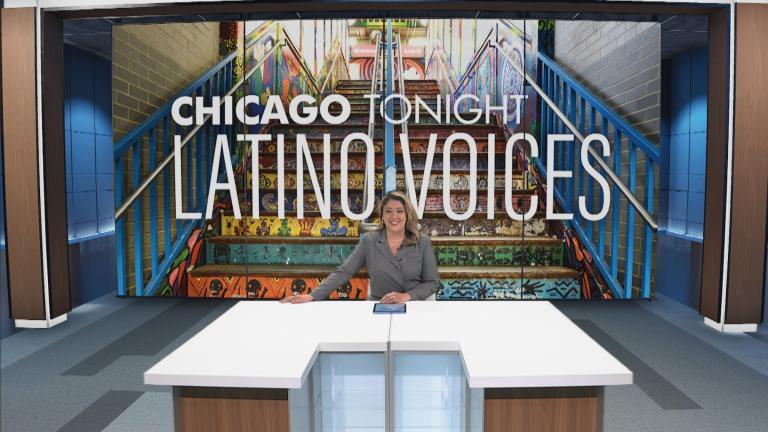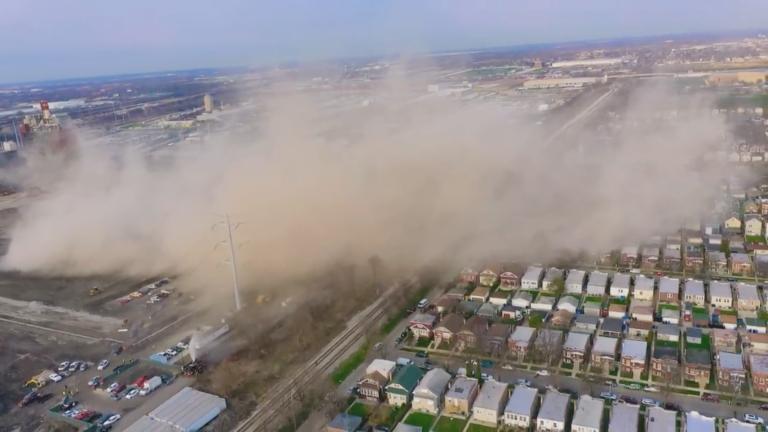The Chicago Police Department has unveiled a new foot pursuit policy that it says will improve safety for both police and civilians. The policy limits when officers can pursue people on foot to times when “they have reasonable, articulable suspicion or probable cause” that the person “has committed, is committing, or is about to commit a felony” or certain class A misdemeanors.
The policy prohibits officers from pursuing people for only running from police nor can they pursue people for parking and ordinance violations and certain traffic offenses. The finalized version comes a year after officers shot and killed 22-year-old Anthony Alvarez and 13-year-old Adam Toledo in separate shootings that followed foot pursuits.
Little Village Community Council president Baltazar Enriquez, who has been vocal about the circumstances surrounding Toledo’s death, said having a policy in place is just the beginning.
“We’re happy that this policy is going to be active, but we’re not excited because we can have 1000 policies and if the Police Department doesn’t follow them, then what’s the point?” Baltazar said.
Puerto Rican Police Association president and former Cicero police sergeant Waldemar Cruz said the policy will make it more difficult for police to apprehend criminals.
“These new policies always attack the police. We’re not clairvoyant. We can’t read the criminal’s mind,” Cruz said. “All it does is to handcuff the police, don’t let them do their job. Continue to restrict our ability to make our communities safer because some people in the community want to make criminals as victims when they are offenders.”
Photojournalist Mateo Zapata, who wrote an op-ed for the Chicago Tribune about the Toledo shooting, said he does not see the policy making a difference in communities’ relations with the police.
“I think it’s largely performative for the most part, to be honest. At the core of the issue, I think there’s just a lack of accountability for police officers that do kill Black and brown people, specifically in Chicago,” Zapata said. ”The officers that killed Anthony Alvarez and Adam Toledo, there’s no charges against them. And even if you look at a police officer who had charges brought against them, like Jason van Dyke for shooting Laquan Mcdonald 16 times, he served less than half of his sentence, which was about three years.”
Cruz pushed back on the idea that police do not face consequences for how they perform their jobs.
“We’ve had many officers fired from the line of Duty fired from their jobs. It’s getting tiring hearing brown and Black people say that it’s a racial thing when the majority of police officers in the city of Chicago are minorities,” Cruz said. “We deal with a lot of violence, but we always want to criticize the police and never the offenders, never the gangbangers, never the people committing the crimes. It’s always the police.”
Enriquez pointed to the millions paid out in settlements for police misconduct lawsuits as well as a recent police shooting as evidence that more oversight of police is needed.
The taxpayers are tired of paying millions of dollars for their mistakes. Just a couple of weeks ago they shot a 13-year-old even though he had his hands up and he still got shot in his back,” Enriquez said. “We’re against killer cops, bad behavior and police brutality at the Little Village Community Council. That’s what we’re pushing to reform.”
In comments at a press conference announcing the police, CPD Superintendent David Brown stated the policy was intended to make officers safer as well as residents. Waldemar Cruz contends that it potentially would make officers safer only because they will not try to apprehend offenders as much.
“Unless the person is committing a serious crime, I’m not chasing them. The counter action about that is that serious offenders are going to roam the streets, are going to continue to commit crimes and until we find a happy medium until we find a way to talk to each other instead of blaming each other, we will continue to see these laws passed to restrict police officers and their duties,” Cruz said.
But for Mateo Zapata, the foot pursuit policy does nothing to change what he sees as a fundamental disconnect for Chicago police officers.
“There has to be an understanding within the Chicago Police Department that you can’t, and you should not shoot someone in the back and that you can’t and should not shoot someone who has their hands up in the air and is unarmed,” Zapata said. “That simple.”


